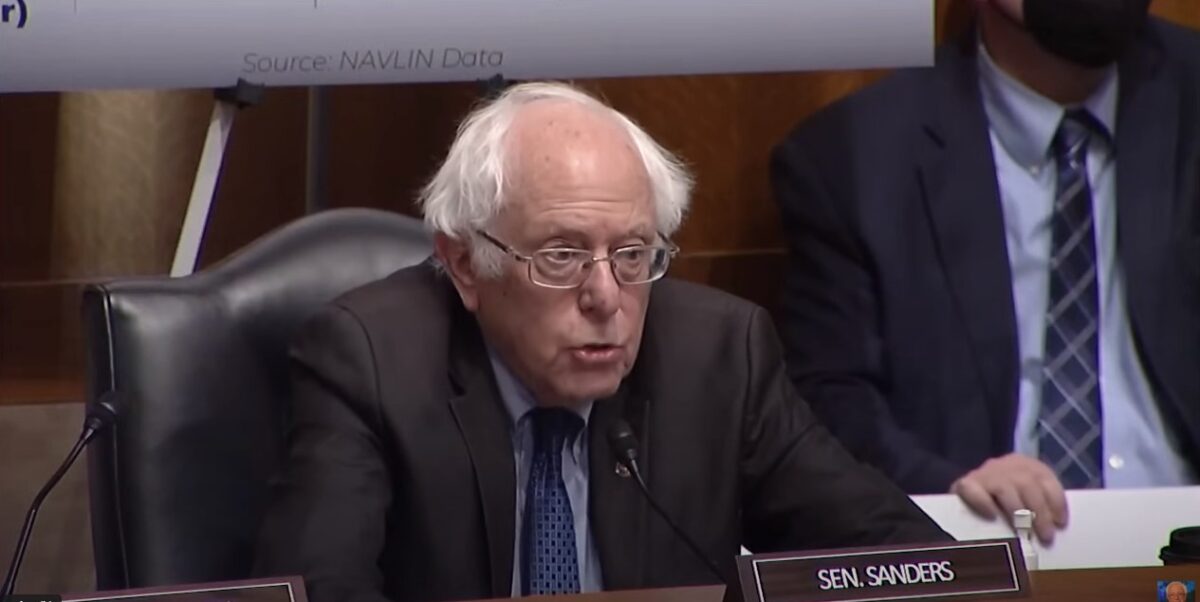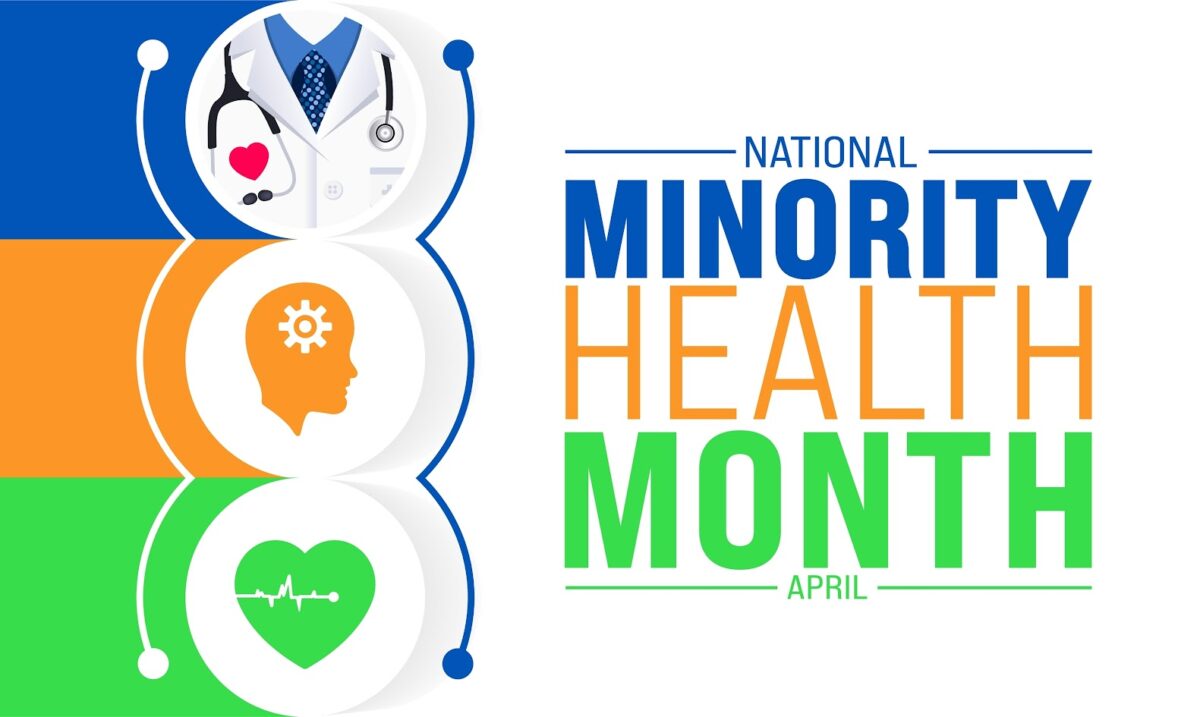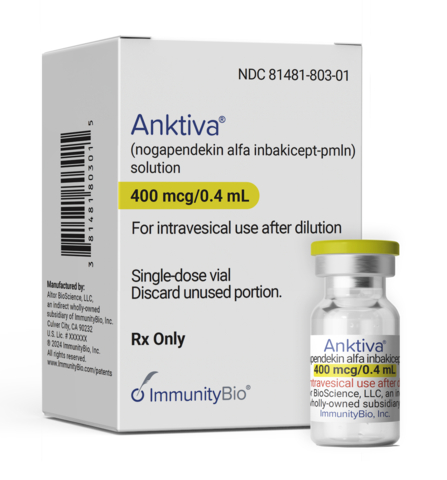While US Senator and Health, Education, Labor and Pensions (HELP) committee chairman Bernie Sanders, I-Vermont, finally got some of the top bosses of big pharma to testify about high prescription drug prices at a hearing held by the committee last week, the pharma CEOs did not offer many answers when faced with some of Sanders’ tough questions.
In attendance were Merck CEO Robert Davis, Bristol Myers Squibb CEO Chris Boerner and Johnson & Johnson CEO Joaquin Duato.
Despite not offering any promises to lower drug prices, the pharma CEOs did feel the heat from Sanders and other senators who came prepared with receipts and reports showing the dramatic rise of pharma profits over the years.
Sanders said one in four Americans cannot afford to fill their prescriptions, and pointed to GoFundMe pages that patients had set up to help afford expensive drugs.
When Sanders asked Davis why the list price of its cancer drug Keytruda (pembrolizumab) was $191,000 in the US compared to $112,000 in Canada, $91,00 in France and $44,000 in Japan, he said it was all about improved access in the US.
“First, I acknowledge the prices in the United States are higher,” Davis replied. “But I think it’s also important to point out that you get access in the United States faster … than anywhere in the world.”
He explained that, “We have 39 indications of Keytruda across 17 tumor types in the United States. If you look across Europe, it’s in the 20s.”
The CEOs attended the hearing after Sanders threatened to issue subpoenas for the pharma bosses.
The hearing, entitled “Why Does the United States Pay, by Far, the Highest Drug Prices in the World for Prescription Drugs?”, went on for over three hours. It included 18 senators who participated in the questioning and had a chance to provide input.
Here is a link to the video of the full hearing: Why Does the United States Pay, by Far, the Highest Drug Prices in the World for Prescription Drugs?
Sanders questioned Bristol Myers Squibb’s CEO about why the list price of the company’s blood thinner Eliquis (apixaban), a financial blockbuster for the company, is $7,100 a year in the US. He cited Yale University researcher Dr. Melissa Barber who has estimated that it costs just $18 to manufacture a year’s supply of the drug. Moreover, Eliquis can be purchased for about $900 in Canada, which is 13 percent of what Americans pay for in the US.
Sanders inquired whether Bristol Myers Squibb makes a profit selling Eliquis for that price in Canada — Boerner replied yes.
When Sanders asked whether Boerner would “commit that Bristol Myers Squibb would reduce the list price of Eliquis in the United States to the price that they charge in Canada where they make a profit,” Boerner replied, “We can’t make that commitment.” He said drugs are prioritized differently abroad, affecting the price.
Sanders also grilled Johnson & Johnson’s CEO about why the company charges “Americans with arthritis $79,000 for Stelara when the same exact product can be purchased for $20,000 in Canada and just $12,000 in France.”
Other Democratic senators including Senator Chris Murphy, D-CT, echoed Sanders’ questioning, asking why other countries have access to lower prescription drug prices but Americans don’t.
They also repeatedly asked the CEOs for promises to lower the price of some of their top drugs.
No More GoFundMe Pages
Sanders also blasted the CEOs about the tens of millions of dollars in compensation that they received in 2022.
“You made $52 million in total compensation in 2022,” Sanders said to Merck CEO Robert Davis. “Will you commit to not accepting a single dollar more in compensation until there is not a single GoFundMe page for Keytruda?”
In response, Davis said he wouldn’t go that far but that the company is “very much sensitive to what’s happening with patients,” and pointed to Merck’s patient assistance program that benefits more than 800,000 people.
Allocation of Profits, PBMs Under Fire
The CEOs defended high prescription drug prices saying that a big chunk of pharma profits go towards funding the research and development of new medicines.
Murphy interrogated this claim and specifically questioned the way companies allocate revenue. He cited that Johnson & Johnson’s division of spending, according to its 2022 financial report, was $6 billion on stock buybacks, $11 billion on dividends and $14 billion on research and development.
“You spend all of your advertising time talking about the research and development spend but most Americans would be surprised … that you’re actually spending more money shelling out money to investors and buying back stock than you are on research and development. What do you say to folks who look at that and come to the conclusion that you care much more about keeping your investors happy and keeping your executives happy than you do about research and development for the next class of drugs?”
Duato said, “We care deeply about patients and we care deeply about being able to discover the next medicines that are going to address major problems like Alzheimer’s,” and that the company spent about $30 billion on research and development. Murphy rebutted Duato, citing Johnson & Johnson’s 2022 annual report, which showed only around $14 billion in R&D spending.
“Explain how you justify that division of dividends and stock buybacks versus research and development. You could just choose, instead of using $6 billion to buy back stock, to spend it on research and development but you don’t.”
Overall, none of the CEOs gave clear answers, much less committed to lowering the prices of any of their drugs.
Davis said drug pricing is “highly complex … so complex that learned people in the space can’t understand it.” Some Senators were skeptical and wondered why there would be such a complex system that no one understands it.
On the other hand, Republican senators largely defended the CEOs and the free market. They also blamed pharmacy benefit managers (PBMs), third-party companies that serve as pharma middlemen, who select which drugs receive insurance coverage and charge drug companies rebates and fees for covering them. Hence, high drug prices benefit PBMs, who are often accused of not passing along negotiated savings to patients. The companies are often integrated with pharmacies and insurers. Currently, in the US, three PBMs control 80 percent of the market.
However, industry groups like Public Citizen say the PBM plea isn’t valid. They say PBMs only account for a fraction, less than ten percent according to numbers presented at the HELP committee hearing, of total pharma profits.
It isn’t clear what the next steps in the drug pricing affair will be. US drug pricing has been under fire for many years and things took a significant turn last year when the three major insulin makers (Eli Lilly, Sanofi and Novo Nordisk) decided to slash the price of their insulin products and agreed to cap out-of-pocket costs at $35 per month for patients with insurance coverage. The moves came after a great deal of public pressure and regulatory changes, such as allowing Medicare to negotiate drug prices under the Inflation Reduction Act (IRA) and the US Food and Drug Administration (FDA) approvals of interchangeable biosimilars of insulin.












Join or login to leave a comment
JOIN LOGIN